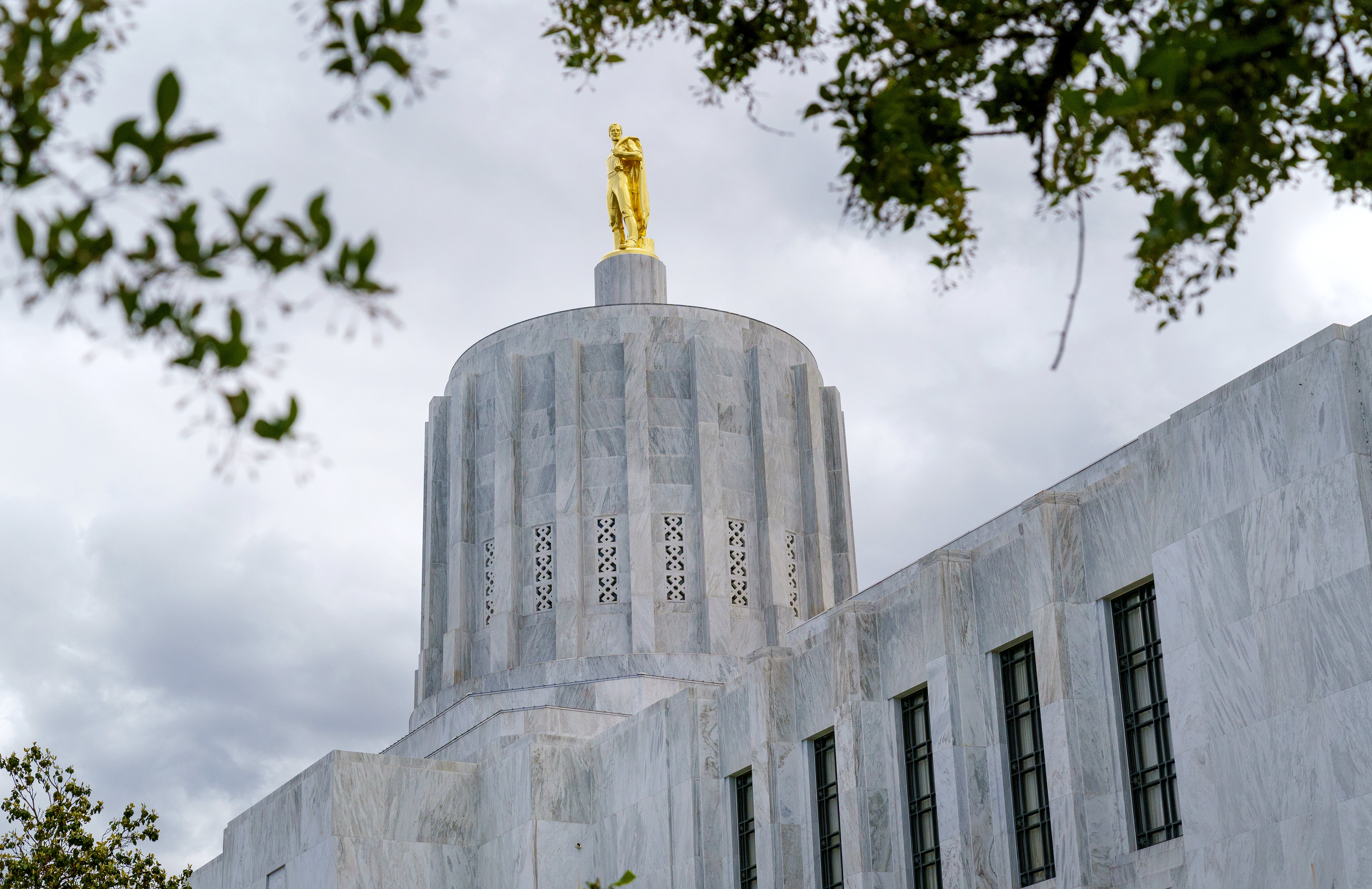The proposal follows two recent U.S. Supreme Court rulings with major implications for Oregon’s justice system
Oregon lawmakers are considering legislation that could vacate convictions for hundreds of people currently serving prison sentences if they can prove they were convicted by a non-unanimous jury [This idea was presented in 2019 as well, by mostly Democrat legislators].
Members of the Senate Judiciary Committee heard details Monday about a measure that, while still in its early stages, appears likely to become a bill that’s introduced during the legislative session in February.
Under the proposal, defendants able to prove through court transcripts or recordings that a non-unanimous jury convicted them would get one year to apply for post-conviction relief. If granted, the defendant’s non-unanimous conviction would be overturned and sent back to the local district attorney’s office, for prosecutors to consider whether to retry the case.
The idea for the legislation follows two recent U.S. Supreme Court rulings with major implications for Oregon’s criminal justice system.
Last year, the Supreme Court ruled in Ramos v. Louisiana that non-unanimous juries in state criminal cases were unconstitutional. In a separate ruling in May, the justices determined that while the Ramos ruling itself wasn’t retroactive, states could decide to apply it to post-conviction proceedings.
Oregon was the last state in the country to allow for felony criminal convictions by juries of 10-2 or 11-1. Even if there was doubt or disagreement on a jury, convictions were still possible until the Supreme Court’s ruling in 2020.

Oregon State Capitol building, May 18, 2021. Oregon lawmakers are considering legislation that could vacate convictions for hundreds of people currently serving prison sentences if they can prove they were convicted by a non-unanimous jury. Kristyna Wentz-Graff / OPB
After the Supreme Court ruled in Ramos, the Ramos Project, part of the Criminal Justice Reform Clinic at Lewis and Clark Law School, sent notices about potential conviction relief to all the state’s prisons.
Nearly 500 people petitioned the state for post-conviction relief, according to Laney Ellisor, a staff attorney of the Ramos Project, who testified to lawmakers Monday. But after reviewing those, Ellisor said the number of people making a claim based on the Ramos decision was about half, 244 people. She estimated another 30-40 defendants who hired private attorneys also filed.
“If the Legislature were to pass the proposed legislation, we sincerely and strongly believe that there would not be a flood of new [post-conviction relief] litigants,” Ellisor said.
Rather, she argued, most people eligible already have filed.
“Due to a lack of jury polling most people who went to trial can’t prove they were convicted non-unanimously and that is a requirement of the legislation,” she testified. “And of course, most people don’t go to trial anyway.”
Still, the Oregon Department of Justice’s Legislative Director Kimberly McCullough said, until there’s a final bill, it’s hard to estimate the total number of defendants eligible.
“Our assumption is many cases will result in an outright dismissal,” McCullough testified. “We also assume many cases will be resolved through plea negotiations, so it’s a bit hard to tell how many [new] trials will be generated.”
The Oregon District Attorneys Association also testified Monday, and noted the impact revisiting old cases can have on victims.
Scott Healy, the first assistant in the Clackamas County District Attorney’s Office, told the committee that determining whether to retry a case takes resources, especially after evidence gets old with time, or witnesses and victims have moved on.
“Our resources are already stretched very thin as you can imagine because of the pandemic backlog,” he said.
Ellisor, with the Ramos Project, testified that 13 counties in the state don’t have any cases, while only four counties in the state have more than 11 cases. The counties with the most cases also have a larger number of prosecutors and court staff: Multnomah, Washington, Marion and Lane counties.
Aaron Knott, DOJ’s former legislative director who now serves as the policy director for the Multnomah County District Attorney Mike Schmidt, agreed resources are tight, but still urged lawmakers to act.
“The racially problematic history of Ramos is well established and the inevitable tendency of a non-unanimous based system to silent dissent and shorten jury deliberation is itself justification enough to require urgent legislative action,” Knott testified.
Voters in Oregon added non-unanimous juries to the state Constitution in 1934, during a time when anti-immigrant sentiment was high and the Ku Klux Klan was coming off the height of its power in the state.
Racial disparities related to non-unanimous juries in Oregon are difficult to calculate, in part, because historically, state court data hasn’t tracked those outcomes. The information that does exist suggests that defendants of color, particularly Black defendants, were convicted more often by a non-unanimous jury, according to data the Criminal Justice Commission presented to lawmakers Monday.
According to the Ramos Project, almost half the post-conviction cases they received from Multnomah County involve Black petitioners. Black residents only make up 6% of the county.
Posted at OPB by Conrad Wilson on 11-16-21
Date: 2021-11-17 09:10
No tags for this post.
Why lock anyone up is where we are headed.